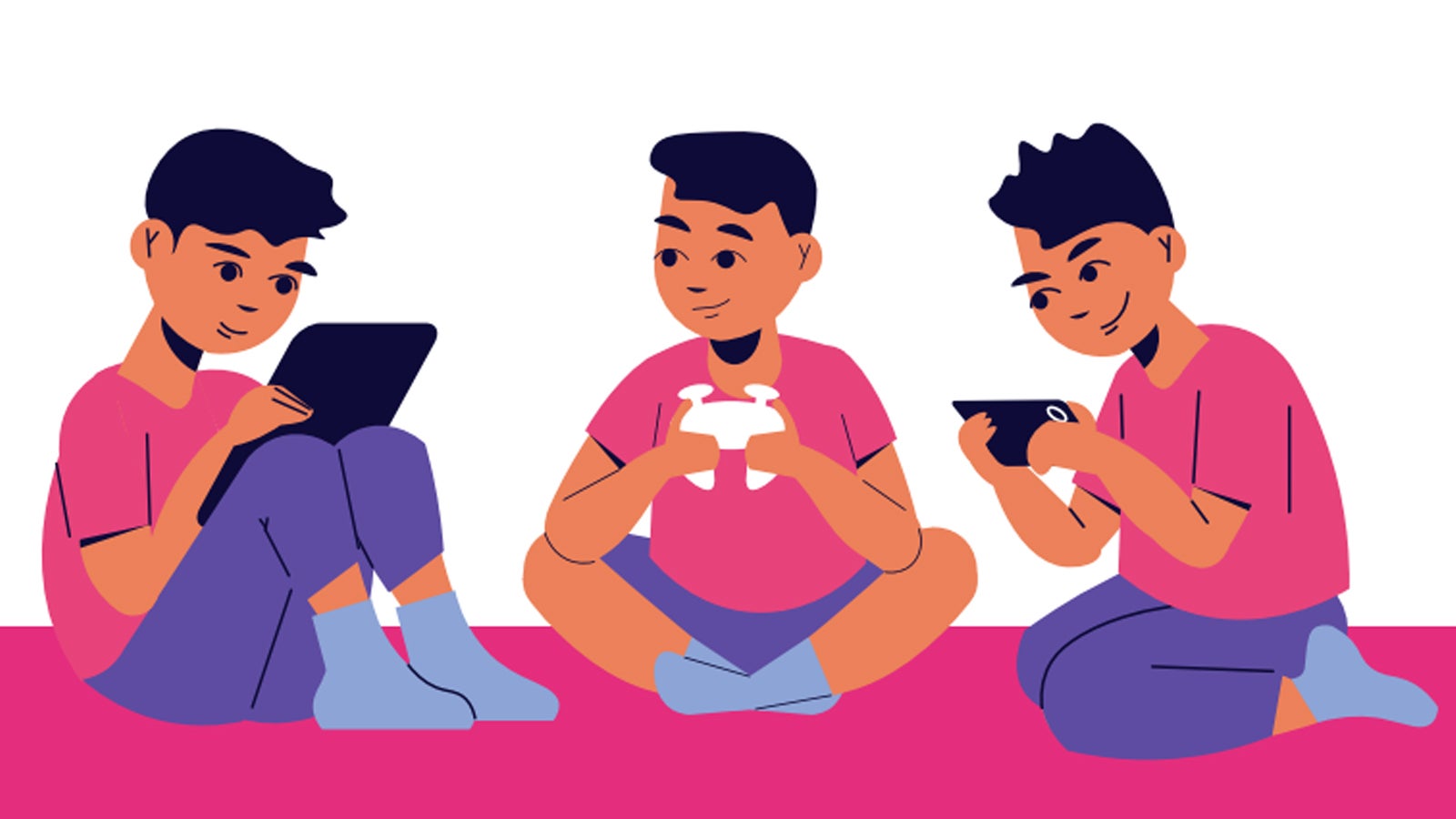A three-year study into the impact of video game loot boxes on young people has concluded that such mechanics cause “financial and emotional harm” to teenagers and children.
The report, published by Newcastle and Loughborough Universities, tracked the gaming habits of 42 families with children aged between five and 17, and interviewed another 30 parents, carers and video game designers.
In short, the study found children struggled to track spending in video games where “highly alluring” digital items were advertised to them using techniques borrowed from regulated gambling.
The report recommends the sale of loot boxes be restricted within games to those aged over 18, and that virtual currencies be replaced with direct currency (such as pound sterling) instead.
It also asks for the gaming industry be regulated by its own independent body responsible for all games sold and operated in the UK, and which is kept knowledgable of the sector’s rapid changes.
Researchers observed patterns of compulsive spending, including among children who used adult’s credit cards without permission. The study also recorded children expressing shame for having spent beyond their limits, and frustration as they encountered disappointment after paying without receiving the items they wanted.
